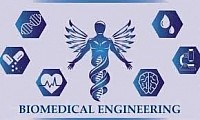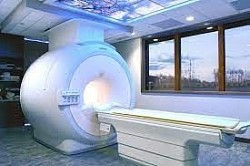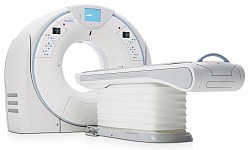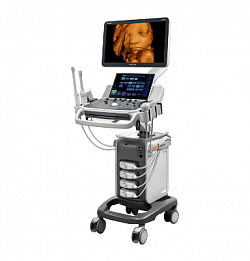BIO-ENGINEERING
BIO-MEDICAL ENGINEERING
Biomedical Engineering: Pioneering Health through Innovation and Integration
In the intersection of science, engineering, and medicine lies the captivating realm of biomedical engineering. This multidisciplinary field strives to revolutionize healthcare by applying engineering principles to solve complex medical challenges, leading to breakthroughs in diagnostics, treatment, and patient care. With its vast scope, bioengineering continues to reshape the landscape of modern medicine, enhancing the quality of life for millions worldwide.
The Essence of Biomedical Engineering:
Biomedical engineering is the bridge between traditional medical sciences and cutting-edge technology. It melds biology, medicine, physics, chemistry, and engineering principles to create innovative solutions that improve human health and well-being. Professionals in this field are dedicated to developing medical devices, equipment, and techniques that address various health issues, from improving patient outcomes to enhancing the accuracy of medical diagnoses.
Diverse Applications:
The scope of biomedical engineering is as diverse as the human body itself. From designing prosthetic limbs and artificial organs to developing advanced imaging technologies, the field encompasses a wide range of applications:
1. Medical Imaging and Diagnostics: Biomedical engineers develop technologies such as MRI, CT scans, ultrasound, and PET scans, allowing doctors to visualize internal structures and diagnose diseases with precision.
2. Medical Devices and Equipment: They design and innovate medical devices like pacemakers, insulin pumps, and hearing aids, enhancing patients' quality of life and extending their lifespan.
3. Biomaterials and Tissue Engineering: Bioengineers create biocompatible materials and constructs for tissue repair, organ transplantation, and regenerative medicine.
4. Neuro-engineering: This subfield focuses on understanding and manipulating the nervous system, leading to advancements in neural prosthetics, brain-computer interfaces, and treatments for neurological disorders.
5. Biomechanics: Engineers study the mechanics of the human body to improve rehabilitation techniques, develop ergonomic designs, and prevent injuries.
Challenges and Ethical Considerations:
As with any field that pushes the boundaries of science, biomedical engineering faces its share of challenges and ethical dilemmas. Ensuring patient safety, privacy, and informed consent are paramount, especially when dealing with novel technologies that involve human experimentation or invasive procedures. Striking a balance between innovation and the potential risks associated with new medical interventions remains a critical consideration.
Collaborative Nature:
Biomedical engineering thrives on collaboration. Engineers, physicians, researchers, and clinicians work together to exchange ideas and knowledge, resulting in holistic solutions that truly address patient needs. This collaborative approach fosters an environment where advancements can be swiftly translated from the lab to clinical practice, thereby benefiting patients in a timely manner.
Future Horizons:
The future of biomedical engineering is brimming with promise. As technology continues to evolve, so do the possibilities for enhancing healthcare. Nanotechnology, personalized medicine, and artificial intelligence are poised to play significant roles in diagnosing diseases at early stages and customizing treatments for individual patients.
In conclusion, biomedical engineering epitomizes the marriage of scientific inquiry and technological ingenuity with the noble goal of improving human health. It stands as a testament to human innovation and compassion, forging new paths toward a healthier and more fulfilling future. As this field continues to advance, it promises to reshape the landscape of medicine and propel humanity toward new frontiers of health and well-being.





